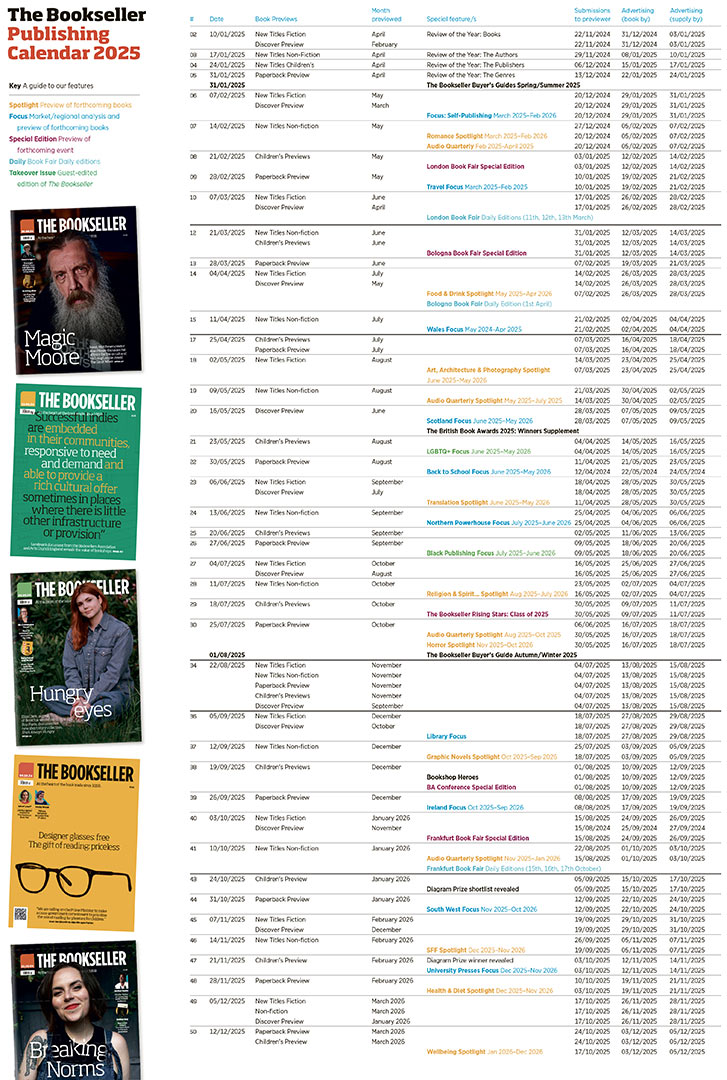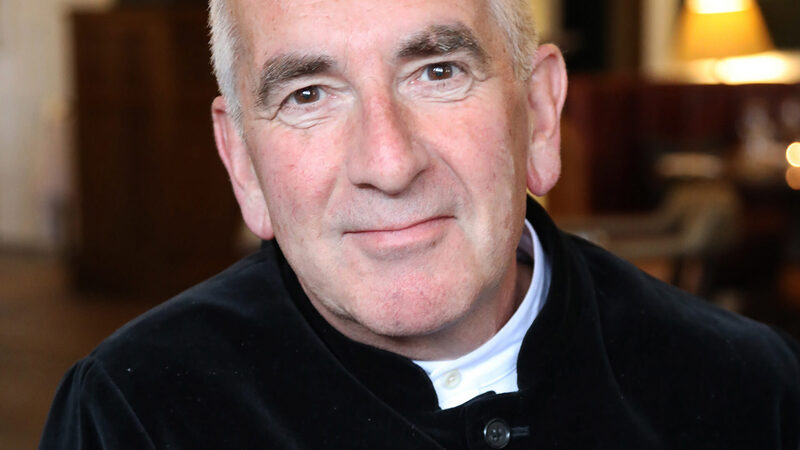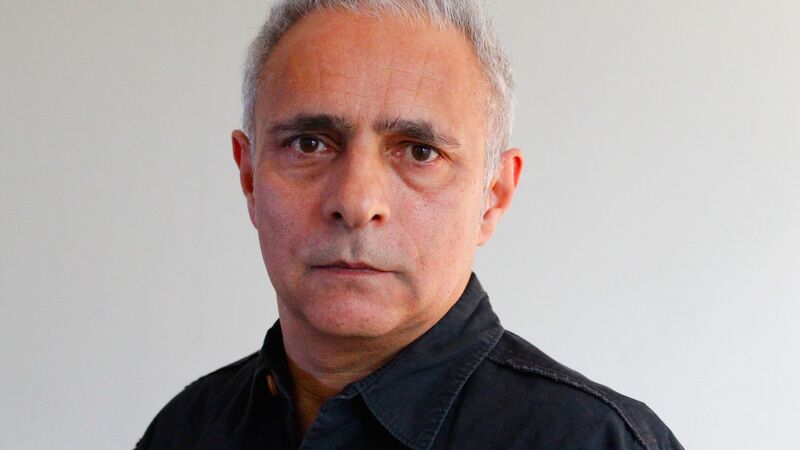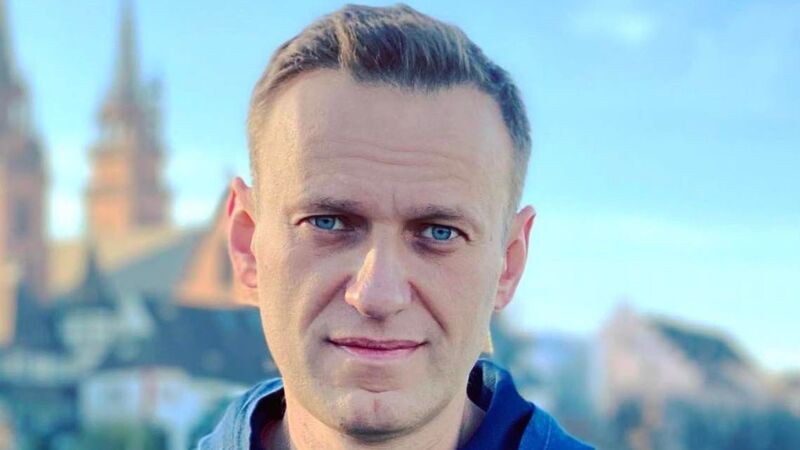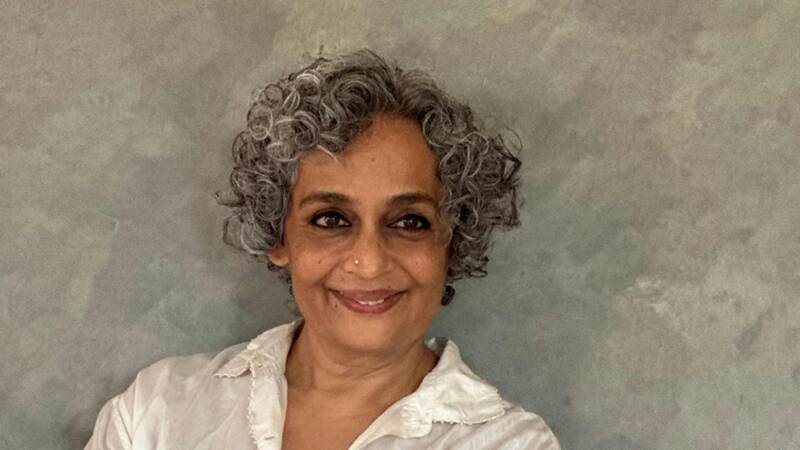You are viewing your 1 free article this month. Login to read more articles.
Sophie Mackintosh on debut novel The Water Cure
As Feminist Book Fortnight draws to a close, we spoke to debut author Sophie Mackintosh, whose devastating dystopian novel The Water Cure (Hamish Hamilton) has drawn comparisons to Margaret Atwood’s The Handmaid’s Tale, Emma Cline’s The Girls and Deborah Levy’s Man Booker-shortlisted Hot Milk.
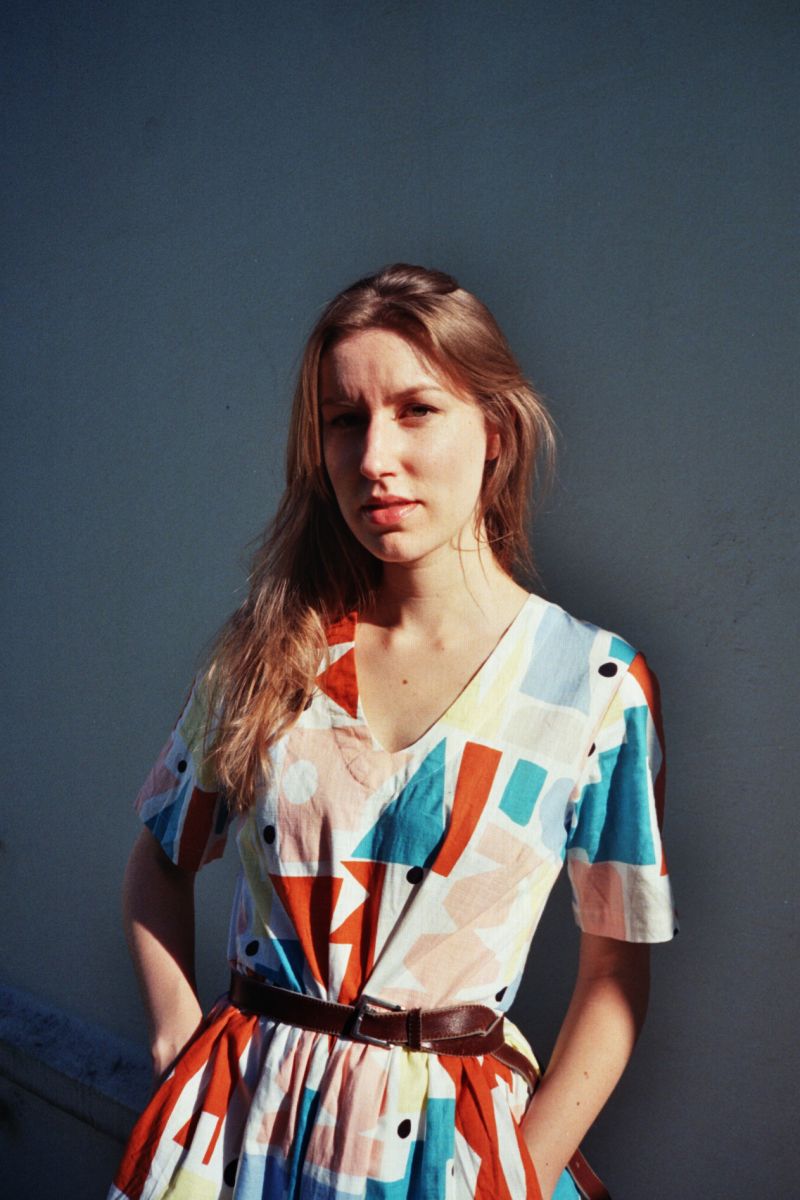 What inspired The Water Cure?
What inspired The Water Cure?
It actually started out as a much different novel – it was a lot more straight sci-fi, following the story of an isolated family on an oil rig after an environmental disaster, where the whole world had been flooded. I knew I wanted to write about sisterhood and isolation, and was very into the idea of a sort of bombastic adventure story, but it wasn’t quite working.
What was working was the dynamics between the family, the relationships between the sisters, and their reaction to the men – there was something buried inbetween all the focus on survivalism and disaster, moments of strangeness that I wanted to pry open. So I took a deep breath, took the family off the oil rig, and started again. It was after I took them off the oil rig that the true heart of the story started to emerge, and that was when the element of the toxicity of men, this world that men had made deadly dangerous, came to me.
Did any unexpected themes emerge as you began writing?
I say a lot that I didn't set out to write a feminist novel, per se, but I was writing the book at a time when I was thinking a lot about how living under patriarchy shapes us, the things we're taught to do in order to remain safe. I was thinking a lot too about growing up, the specific pain of young female adulthood, about my own summers in the vast nowhere of the Welsh coast. Meanwhile all around me Brexit was happening, Trump was gaining power, and people were able to air regressive views that for a long time had been unacceptable. On the tube, in clubs, on the street, men groped and yelled; they had perhaps been doing it all along, but I felt skinless, and so did the women I spoke to, as if we had reached a tipping point. I guess first novels are always a kind of soup, where the themes and preoccupations you have been mulling over come together, and sometimes it works and sometimes it doesn't – but the themes that have always been of interest to me, always been the things I was working out, were given a new urgency by the strangeness of the world around me. Everything fed into one over-arching question: how to be a woman in a world that so often hates us?
Can you tell us a bit more about the three sisters at the heart of the novel? Was it challenging to capture the dynamics of their relationships?
Grace is the oldest sister; she is tough, and almost cold, the one most focused on survival, the one who knows too much. Lia is the middle sister and very different to Grace – naive, hungry for love, the one treated most cruelly as a result of this need. Sky, the youngest, is treated the best, as the 'baby' of the family – as the only daughter conceived on the island there is a certain purity to how she is seen. Capturing their dynamics was challenging but rewarding. As a sister I know well the interplay between love and hate, something all the more intense given their isolation, and it was important to me that they were also distinct, at the same time as being one of three. At parts they narrate the book in a collective 'we' voice, and yet they grow and develop independently of each other. At the heart of everything I wanted there to be love, but that sisterly love is what enables them to hurt one another in such intrinsic ways.
What impact are you hoping the book will have on its readers?
I hope that it speaks to people, that people find a kinship or comfort in it – that it helps them feel seen, perhaps. I hope that they can find a sort of beauty in it, too. I don’t want to depress my readers and I really hope that the violence is not seen as gratuitous. I have been told it’s difficult to read, in the sense that it can be a bit brutal, but I hope for those who do persevere it pays off for them, that it gives them something. One thing I’ve adored is hearing what different readers take from the book - whether reading it at face value as a story about an isolated family hiding from the mainland, to those who really deep dive and read mythologies into it, metaphors, find layers to uncover. All interpretations are valid (and delightful to me – people are reading and thinking about my book! What could be better, honestly?)
Are there any writers/books that have had a particular influence on you and your work?
Lately I’ve been thinking about this as I work on new projects and finish existing ones – I always like to go back to the work that takes my breath away, makes me sit up and (quietly) punch the air, and remind me of the kind of standard I’m aiming for. In particular I love the writing of Maggie Nelson, Angela Carter, Joy Williams, Ben Marcus, Susanna Moore, James Salter, Jenny Offill... I’ll leave it there. Writing for me is very much about the feel. I am an emotional person. How does it make me feel, I’m always asking, when it comes to my work and that of others, and how does it create that feeling? A brilliant sentence, to me, makes me feel like I have swallowed an ice cube and that very slowly it is radiating cold all the way out through my body, but then this is a sensation many others would hate (more than anything having a book out has taught me how truly subjective the reading process is, how different our tastes and interpretations are).
Personally I love precision, coolness, things that feel very true - but I don’t believe that’s like some objective stylistic bar. I don’t believe in any writing rules actually – all that deleting your adjectives and killing your darlings stuff can do one - but I do believe in trusting your gut and your taste. I don’t know quite how to scientifically construct that quiet, glowing sentence of my dreams, that calm and terrifying pure thing, but all of the above writers manage it wonderfully. Maybe one day I’ll nail it too.
The Water Cure has drawn comparisons to some highly esteemed titles – in particular, The Handmaid’s Tale – how did this feel?
Very exciting, obviously a little daunting, but to be mentioned in the same breath as books that have been so incredibly important to me is beyond dreamy. They are big shoes to live up to, and the books are very different. The Water Cure is so insular – it’s really about the girls, the terrible outside world almost incidental. But it’s incredibly flattering, at the same time as being a little scary. I don’t want to let down my readers with my strange, eerie fable.

Feminist dystopian fiction appears to have risen in popularity recently – why do you think this may be? Have you always been a fan of this genre?
I think we are living through strange times, and at strange times we turn to the things that help us work things out. Are we turning to these books as comfort – things can always be worse – or looking for a manual to help us address the future? Does it seem scarier, frankly, when it doesn’t seem that far away, the same way that we get desperately spooked out by found footage films, for example? Many feminist dystopias exhibit ideas that are realities, historic or present, for women across the world. In so much feminist dystopia far right and religious sects are often the one placing these restrictions and demands on women, and we’re seeing a resurrection in these sorts of views. So I think part of it is a horrified familiarity, and another part is is working things out, trying to posit hypotheticals about what could happen. I know a large part of the appeal for me was being able to place real-world situations and concerns in a position out of time and concrete place, which gave me flexibility and control to play things out on my terms. But then, on a simpler level, I just also loved the world-building, the imagination aspect, this creation of a setting that felt incredibly real to me. I’m drawn to sci-fi and speculative fiction in a big way just because it’s very engaging and interesting to write.
You’ve also written short stories in the past – how do the mediums differ? Do you have a favourite?
I prefer novels actually as I love working on a long project and seeing it grow over time – it’s very satisfying to me to have the space to play with ideas. I do love writing short fiction too though, but it feels more emotionally draining in a way, because every story is it’s own ecosystem and has its own arc, and sometimes you just want to sit down with a long and steady thing and chip away at it, see it start to shine. I do however appreciate that if a short story isn’t working, you can junk it without too much hand wringing. If a novel goes seriously wrong, it’s the most gut-wrenching feeling (though obviously still a great learning process). The stakes are higher but the process itself feels deceptively smoother.
Finally, are you working on anything new at the moment?
I’m working on a long thing and have another idea in the pipeline too that I’m making cautious stabs at. In between these I’m still writing short fiction – I would love to have a collection one day, but I’m tricking myself into it story by story. I get sort of superstitious about talking about projects, but I will say that I think I have a historical novel in me (which I never would have thought even a year ago) and am having fun thinking about that. It felt so strange to come up for air post-Water Cure (no pun intended) and think: what next? It really consumed my life by the end, was all that I could think about. I wrote before work, on the tube, in my lunch hour, woke up early on the weekends to get the cold blue hours in before everyone else was awake, and maybe the book itself would’t have been so claustrophobic if I hadn’t have had that experience, that compulsion to exist in the world and get everything down. It was a stressful time, but probably also one of the most beautiful times of my life, where everything flowed and clicked. I hope that, whatever happens with my next projects, I can get back to that place.



